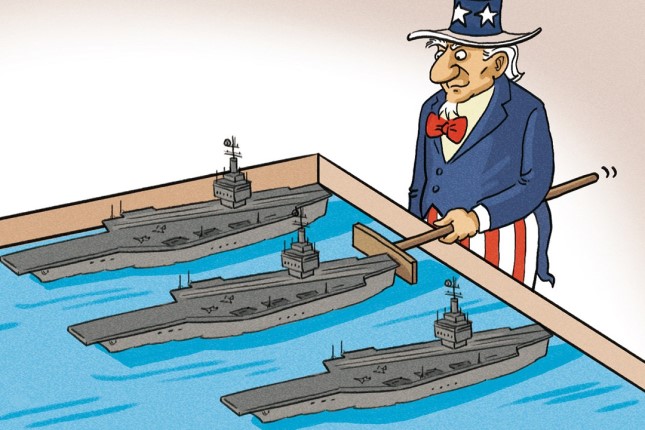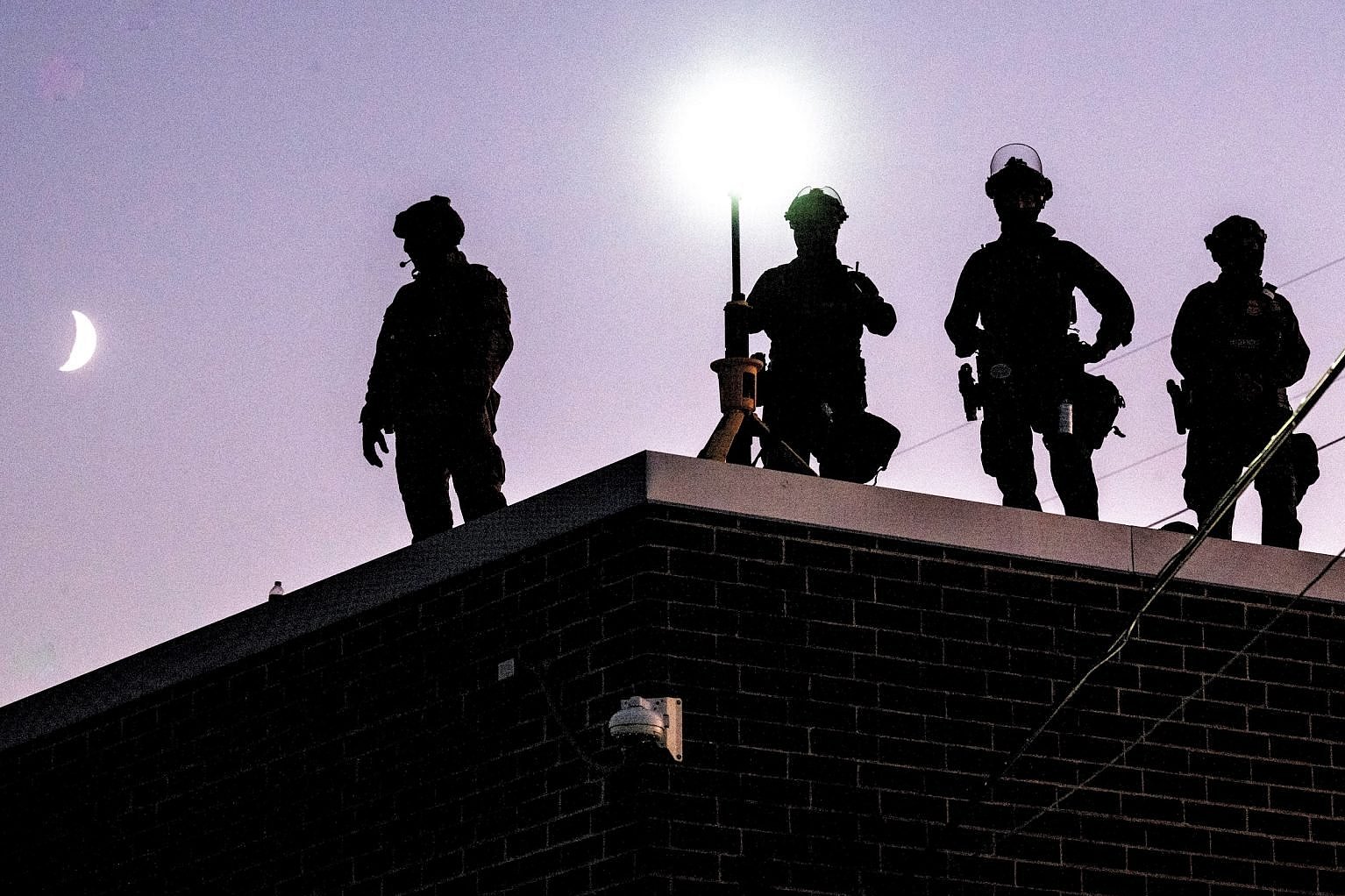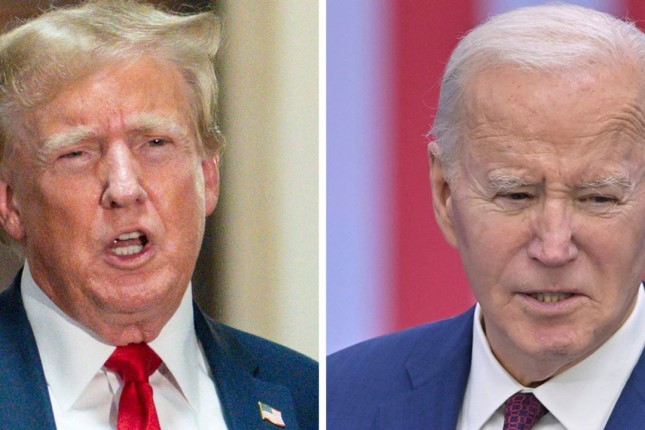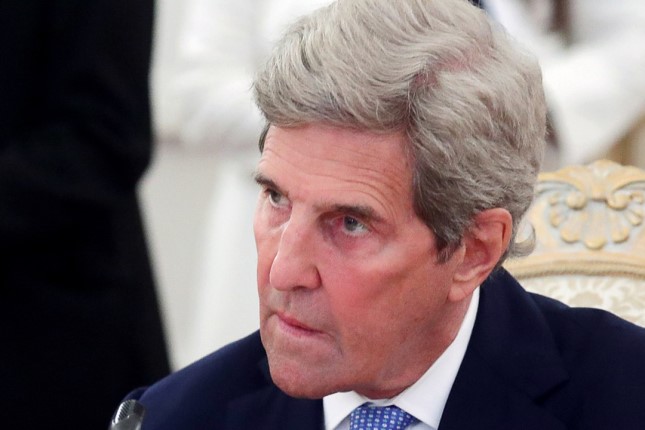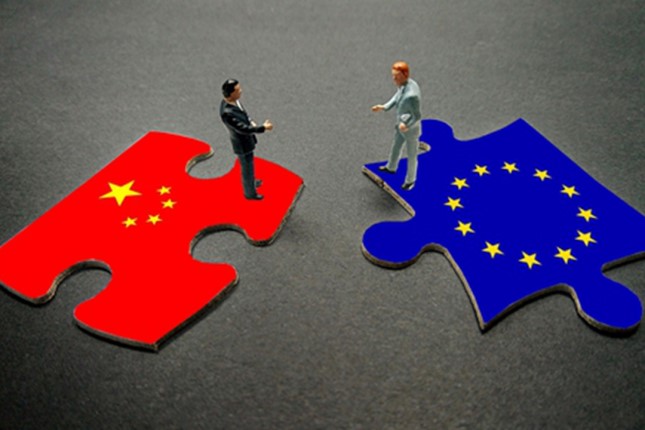The White House said on June 5 that recent dangerous encounters between US and Chinese forces in the Taiwan Straits and South China Sea reflect a growing aggressiveness by Beijing's military that raises the risk of an error in which "somebody gets hurt."
A familiar script: the US, which is unreasonable first, has made unfounded countercharges and blamed China. It doesn't matter how good the performance is, it still can't hide US' hypocrisy.
According to United Nations Convention on the Law of the Sea (UNCLOS) and Chinese laws, the waters of the Taiwan Straits, extending from both shores toward the middle of the Straits, are divided into several zones including internal waters, territorial sea, contiguous zone, and the Exclusive Economic Zone. China has sovereignty, sovereign rights and jurisdiction over the Taiwan Straits.
However, the US military has unreasonably claimed that the US has not participated in the provisions of the UNCLOS regarding EEZ, asserting that areas outside territorial waters are "international waters" and claiming to have the so-called "right of passage."
Even more absurdly, the US military has called malicious surveillance and flaunting of force "legitimate behavior," ignoring its harmfulness. Those waters and airspace are right on China's doorstep. The US military's provocative actions have undoubtedly harmed China's national security.
Washington has been relying on its military and political hegemony to act recklessly and distort the truth, which has been frequently seen around the world. Now, China's surrounding areas have become the most intense arena for this game.
When faced with provocations from the US military, the PLA has responded with a strategy of rigorous surveillance and firm expulsion, showcasing their exceptional professional abilities. This has highlighted China's military prowess and maturity, as they have maintained a rational, powerful, and disciplined professional demeanor. This series of games undoubtedly accumulates and expands China's strategic initiative in the surrounding waters and airspace.
At present, there is a stalemate between China and the US as both nations are unwilling to engage in military conflict but are also unwilling to back down. Nonetheless, the stalemate gradually took on a clear direction. The US, accustomed to its bullying, is feeling uneasy in the face of a strong and powerful China that is resisting its provocations forcefully.
China's growing power has allowed it to resist US provocations, which has gradually altered the regional atmosphere and increased psychological pressure on the US military. The US is determined to defend its past hegemonic "privileges," while China is determined to accumulate its strength.
PLA's actions aim to increase the risk of US military operations around China, thereby undermining US' confidence and making it more costly and challenging for the US to contain China.
As a result of this resistance, the US military is becoming increasingly aware of the difficulties involved in conducting military activities near China. Despite this, they may continue in these confrontations, but they become more aware of China's unwavering commitment to defending its core interests. This is causing them to reassess their predictions about the potential outcome of a military conflict between the two sides.
In short, these games will overall gradually erode the confidence of the US military in defeating the PLA in the Western Pacific.
China has the ability to defeat the invading US military in its nearby waters. A military conflict with China in the Taiwan Straits and the South China Sea would result in devastating losses for the US. China's short front line allows it to accumulate advantages in strategies.
As a result, as long as the risk of US provocations around China is increased, they will feel great uncertainty, and if they overstep their bounds, they may fall into a predicament. This strategy not only makes the US military feel overwhelmed, but also wins time and space for China's sustained development.
Source: The Global Times.
